Acknowledgements
With great thanks to the people who share their experiences with us, your voices are an important force for change.
And to our partners, funders and staff – without you, none of our work would be possible.
A message from our Chair, Dame Barbara Monroe
The right to make decisions, with confident and compassionate support from your healthcare team, and to have those decisions respected, are cornerstones of good end-of-life care.
People tell us they want to be in control of decisions about their treatment and care, but often are not given honest information, do not know what to ask for, or even that there are choices to make. Some will reach the end of their life without being given an opportunity to think about their options.
At Compassion in Dying we are helping to transform this, to improve what dying looks like in the UK. We are listening to what dying people tell us they want and need, supporting them, and amplifying their voices to change practice for the future.
In this report, you’ll find out what we achieved in 2023. To find out more about our finances, please see our latest annual report and accounts.
With great thanks to the people who share their experiences with us, your voices are an important force for change.
And to our partners, funders and staff – without you, none of our work would be possible.


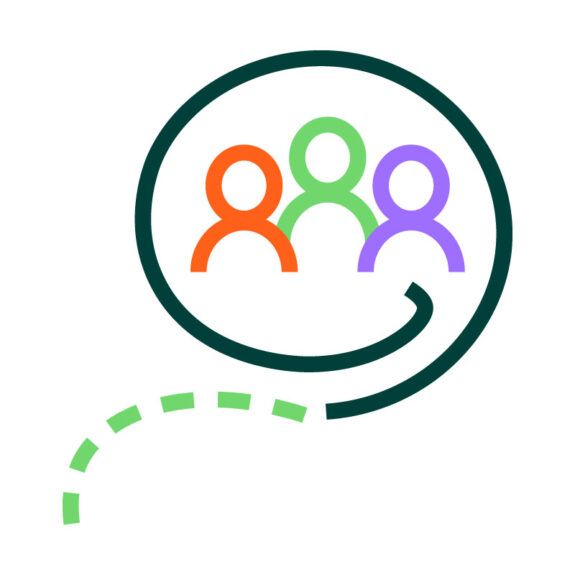

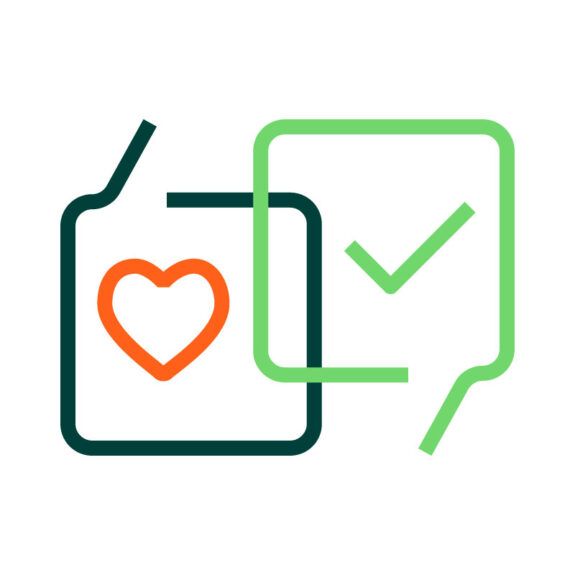


Over several phone calls, Compassion in Dying’s nurse gently helped me to understand that having an advance decision wasn’t giving up on my husband, but supporting and empowering him when he needed me the most. When those sad days actually came, I felt confident I could make sure his wishes were followed. In the end, having thought about and recorded his wishes before a crisis, saved his death.
We support people to make informed decisions, start honest conversations about death and dying with loved ones, and record and revisit their wishes whenever they want to.
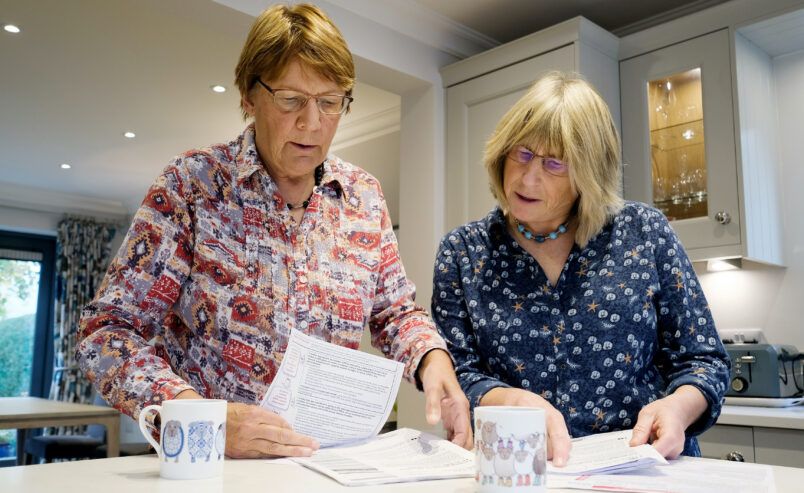
People often tell us they want to be in charge of decisions about their care and treatment, but find it difficult to access quality information to help them. Sometimes, they are also met with healthcare professionals unwilling to have open conversations about death and dying, which means they are unable to make informed choices.
Our nurse-led information line helps to change that. We enable people to be in control of their end of life decisions and support them to plan ahead, in case a time comes when they cannot make decisions for themselves. People can make an:
We were the first UK organisation to launch a free online advance decision service in 2017. Since then, more than 34,000 people have used it to record their wishes. It is linked to by the NHS and many other partners who trust our user-led approach to help people create personalised and robust advance decision forms.
This year we re-built the service from the ground up to make it even easier to use.
Your website has been fantastic in helping me express my wishes and giving me an understanding of what I need to do to achieve my aims.
Our new online advance decision service:
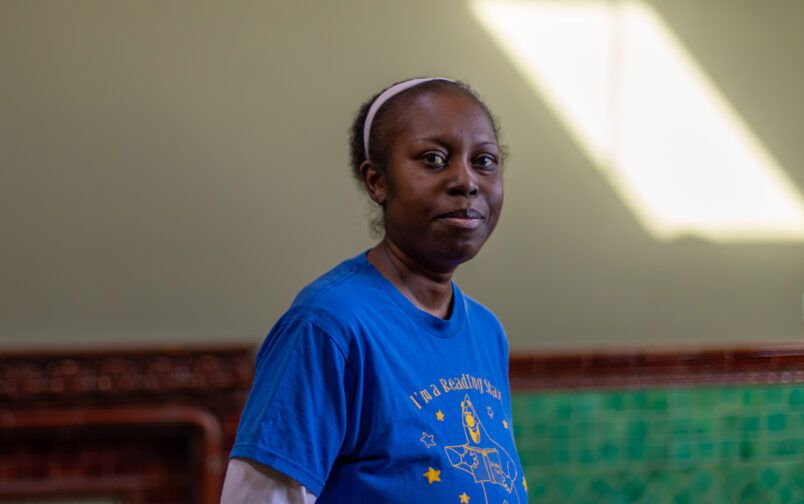
We want as many people as possible to be able to plan for the end of life. So we encourage healthcare providers, charities and businesses to integrate our online advance decision service with their own website or app using their branding. This is the first service of its kind available to be made open and shareable under a Creative Commons license, for free.
People fighting for their loved ones’ wishes to be heard told us they could not find help when they needed it most. Our specialist support line is here to change that.
People face problems like:
Some of our callers were making complex treatment decisions. Others were challenging decisions that were not lawful and advocating for their loved ones. We gave people the information and support needed to draft letters, prepare for meetings and think through the questions they needed to ask.
This new service is helping to challenge the power imbalance that people often tell us they face when medical decisions are being made about someone they love. We are helping to ensure individuals are at the centre of decisions about their care.
We supported Sue after her mum had a major stroke. Sue’s mum was 88, and her health had been declining for some years due to various illnesses and frailty. Following the stroke, she couldn’t make decisions about her health and multiple life-sustaining treatments were given despite Sue feeling strongly that her mum would not have wanted them.
Sue was not included in crucial decisions about her mum’s care, despite being her lasting power of attorney for health and welfare.
Before the stroke, Sue’s mum often spoke passionately to her family about how she wouldn’t want life-saving treatment if her health and independence declined any more. She entrusted her daughter with lasting power of attorney, believing it would prevent the very situation she now faced.
Sue had repeatedly requested meetings to explain her mum’s wishes but was overruled by the medical team. They implied that withholding life-prolonging treatment was unethical. This made Sue feel she was being viewed as having ulterior motives rather than wanting to honour her mum’s wishes.
But with our practical information and support, Sue was finally able to effectively communicate with the consultant. She gained the confidence to question poor decision-making and provided evidence of her mum’s beliefs, wishes and values to show she was acting in her best interests.
We helped Sue prepare for meetings with the consultant that finally led to her mum’s discharge from hospital with appropriate palliative care, and an end to treatments that went against her wishes. Sue’s mum died soon after with her family around her, just as she had wanted.
Sue shouldn’t have needed our help to be listened to as a lasting power of attorney, but she did. And that’s why our new helpline is a vital source of support.
Many people tell us they are not given the opportunity to plan ahead because there is no information and support available in their own language, or that feels relevant to their community or culture.
When people do not have access to information and support that meets their needs, any health inequalities they face will continue to grow. We work collaboratively to challenge this and help people get treatment and care that meets their needs.
Through community partnerships, we spread the word about how recording end-of-life wishes helps. We have worked alongside carers, people experiencing homelessness, South Asian communities in Newham, Portuguese-speaking communities in Lambeth and more.
We don’t have any plans written down and I am constantly anxious that professionals will suddenly take Mum away to a care home where none of her religious needs will be met. I really need help to know what questions to ask doctors and what documents I need, so that I can get the right help and prepare ourselves properly.
And we do not stop there. This work has also led to:
Everything we do starts with what dying people tell us. We listen to what they say and amplify their voices. We shift attitudes and drive changes to the healthcare system. So people’s end-of-life decisions are heard, understood and respected when it matters most.
Some dying people tell us that they are considering voluntarily stopping eating and drinking (VSED). They turn to us because, here in the UK, there is no clear information to help people and clinicians make informed decisions together. As an organisation, we are willing to have honest conversations about all aspects of death and dying.
People tell us that they have experienced:
Almost everyone we speak to wants an easier way for healthcare professionals to see their end-of-life wishes. How and whether this vital information is available to clinicians, when it matters most, is a postcode lottery.
We hear time and again that people had bad experiences of end-of-life care because doctors did not know about their documented wishes and health information. Some relied on friends and family to ensure this information was not missed. Many also say they want it to be easier to see and update their own end-of-life records.
As a result of this, we conducted national research with the Professional Record Standards Body (PRSB). We asked people to share their experiences of electronic end-of-life records. And we amplified their voices so they could be heard by those who make policy decisions about NHS digital services.
Our research influenced a national conversation about people’s wishes being shared seamlessly between care settings. Plus, the PRSB and NHS England used our insights for a new Palliative and End of Life Care Information Standard that helps clinicians access the information they need to make decisions.
The paramedics repeatedly resuscitated my mother after a stroke despite her clear wishes and a DNR – I was present and I have power of attorney. Because neither of us had paper copies of these documents with us, they and the hospital kept treating her invasively. This was two years ago. She has been in a nursing home ever since and regrets daily how, in her view, I failed her.
In the coming months, we will:
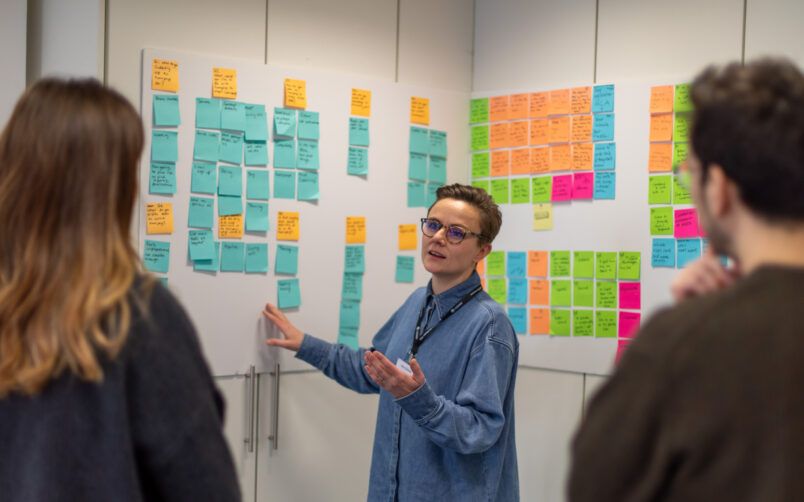
Together with our generous supporters, Compassion in Dying continues to grow, evolve and innovate. At the heart of what we do, our free specialist nurse-led information service provides unique support to people who wish to record and revisit their end-of-life wishes.
Our specialist knowledge is frequently called upon by both the public and professionals. It’s critical that we invest in additional clinical support for our services to meet this need.